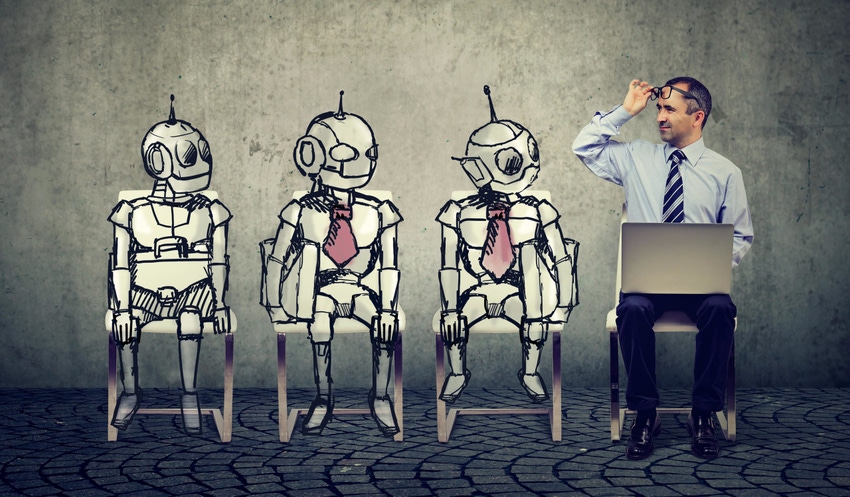The notorious ChatGPT chatbot has apparently become more accurate thanks to the release of GPT-4, but it might still hallucinate.
March 15, 2023

The notorious ChatGPT chatbot has apparently become more accurate thanks to the release of GPT-4, but it might still hallucinate.
ChatGPT was based on a piece of generative artificial intelligence technology called GPT-3. The company behind it, OpenAI, has now announced GPT-4 and named the chatbot that runs on it ChatGPT Plus. Apparently it produces ‘safer and more useful responses’, which could mean anything from greater accuracy to increased censorship.
The lengthy blog post offers loads of proof points proving how much better GPT-4 is and, considering the amount data the previous version received from people trying it out, that’s not surprising. Our understanding of GPT is that it uses a combination of AI and natural language processing to understand requests and then tap vast troves of data very quickly to generate useful, understandable responses.
Microsoft is a major backer of OpenAI and thus was able to incorporate ChatGPT into its Bing search engine. However, after it was put through its paces by some clever lines of questioning from journalists, Bing started coming out with some decidedly unhinged responses. While it seems this is less likely to happen with GPT-4, it apparently still can ‘hallucinate’, so it’s not clear how much safer and more useful those responses will be.
That hasn’t stopped Microsoft from taking the plunge and sticking GPT-4 into ‘new Bing’. We can count on the tech community to put this version through its paces and if it gets similar results to the previous version, it will be reasonable to question the significance of the claimed improvements. Already, MIT Technology review is lamenting how un-open OpenAI is being about exactly what has changed.
Perhaps not coincidentally, AI rival Google unveiled generative AI augmentation to a bunch of Google Workspace products at the same time. One of the early manifestations will be the ability to ask for help when writing an email. To the best of our knowledge, Google’s generative AI tech has yet to yield the kind of whacky responses ChatGPT has managed but surely it’s just a matter of time. In a further coincidence, Google-backed Anthropic has just unveiled its ChatGPT rival – Claude.
It’s clear that this kind of technology is here to stay, overtaking previous generations of AI assistant technology such as Siri and Alexa. For the telecoms industry this is probably good news as it enables ever greater automation of customer interactions. But with each improvement in AI comes the fear that ever more job roles will be rendered obsolete, which makes news like this bitter-sweet for the rest of us.
Get the latest news straight to your inbox. Register for the Telecoms.com newsletter here.
About the Author(s)
You May Also Like








.png?width=300&auto=webp&quality=80&disable=upscale)


_1.jpg?width=300&auto=webp&quality=80&disable=upscale)


.png?width=800&auto=webp&quality=80&disable=upscale)